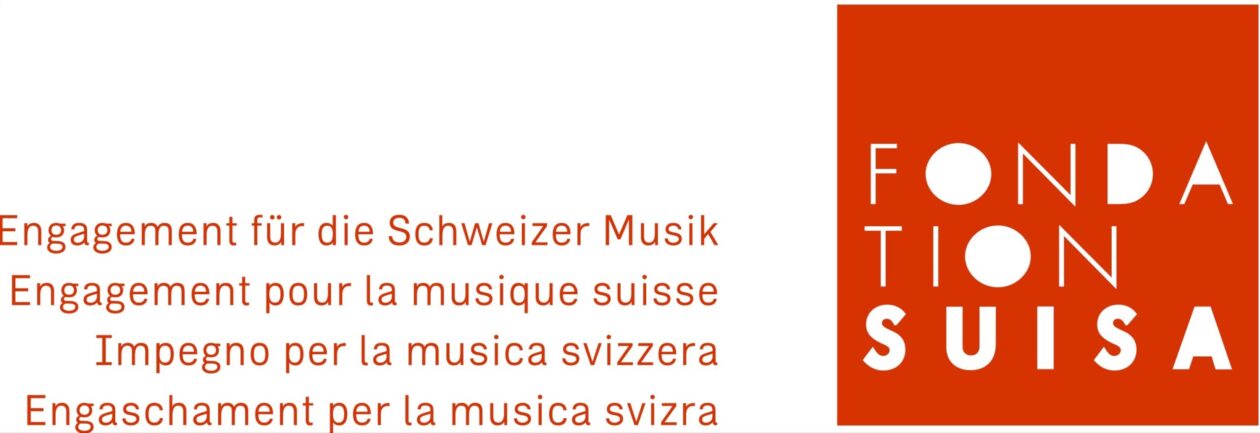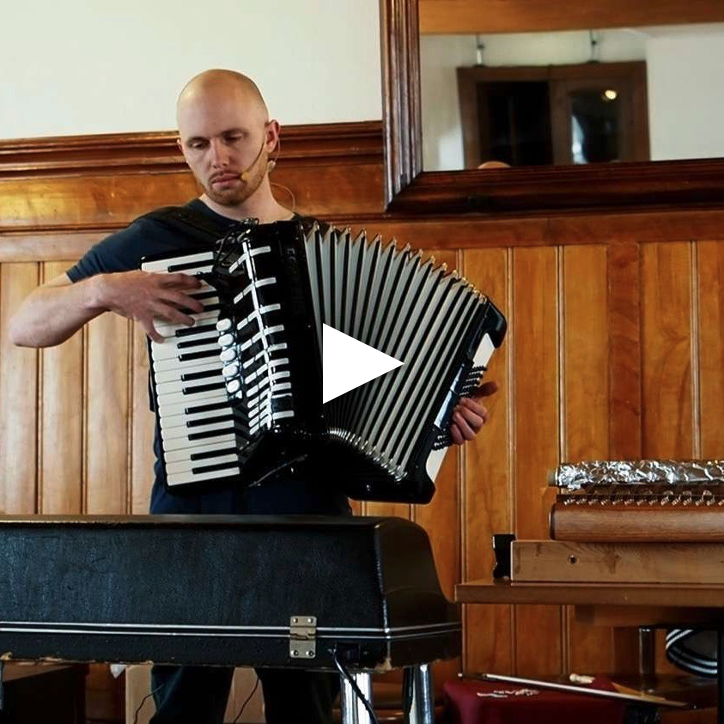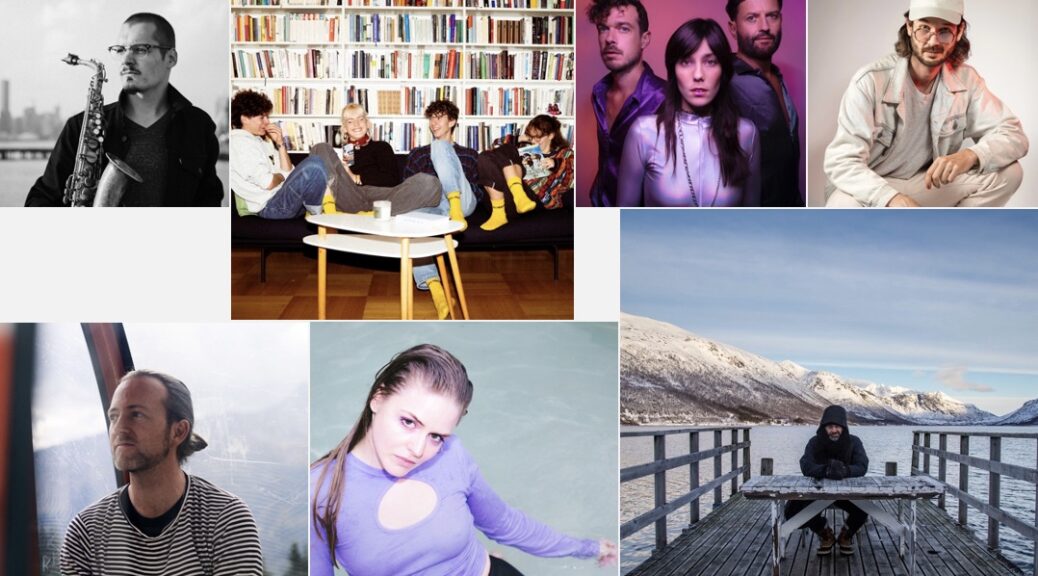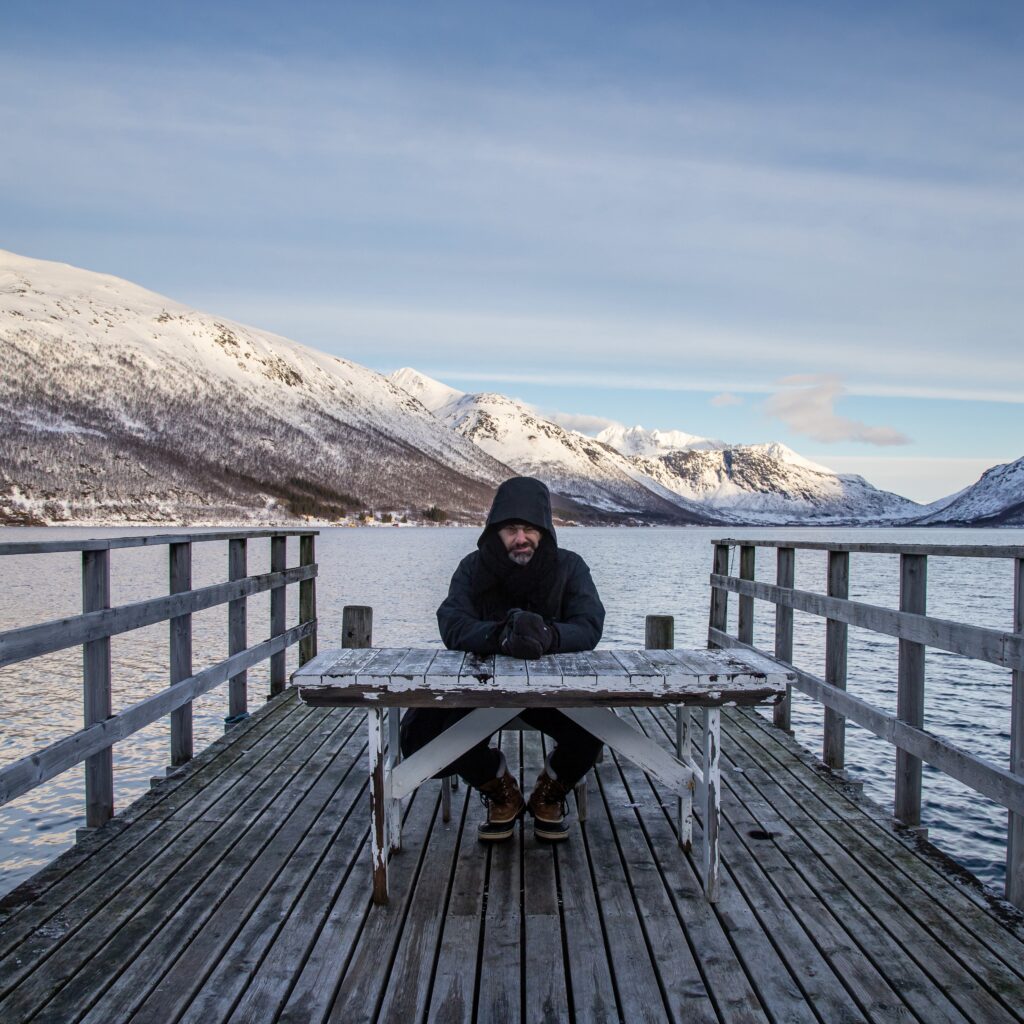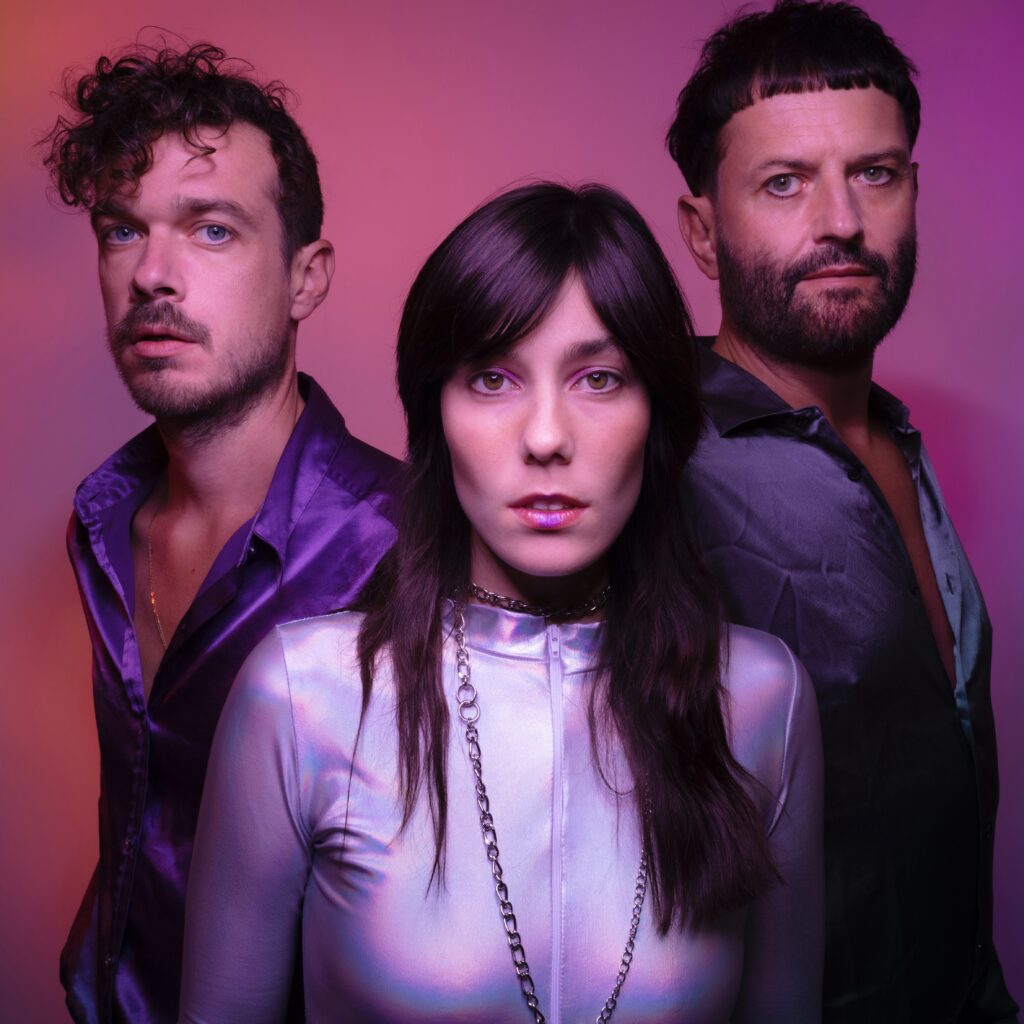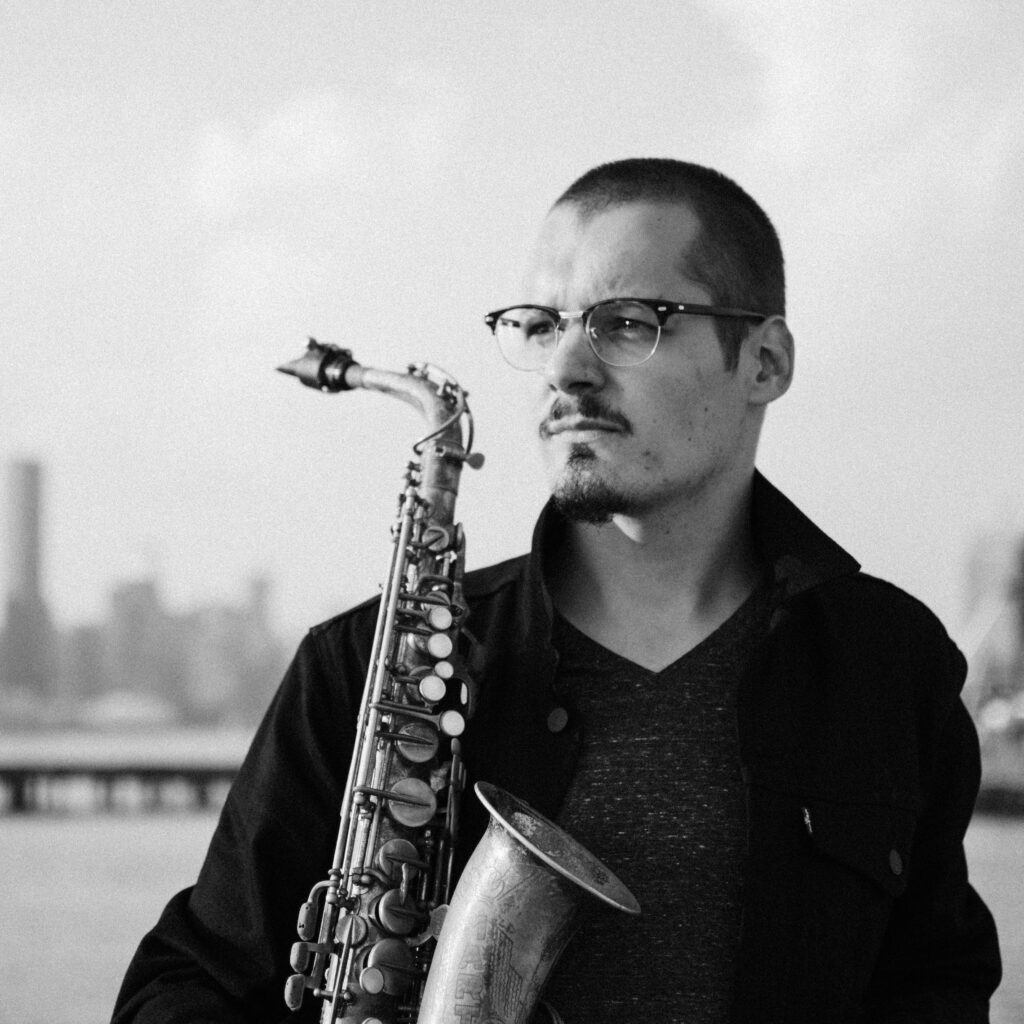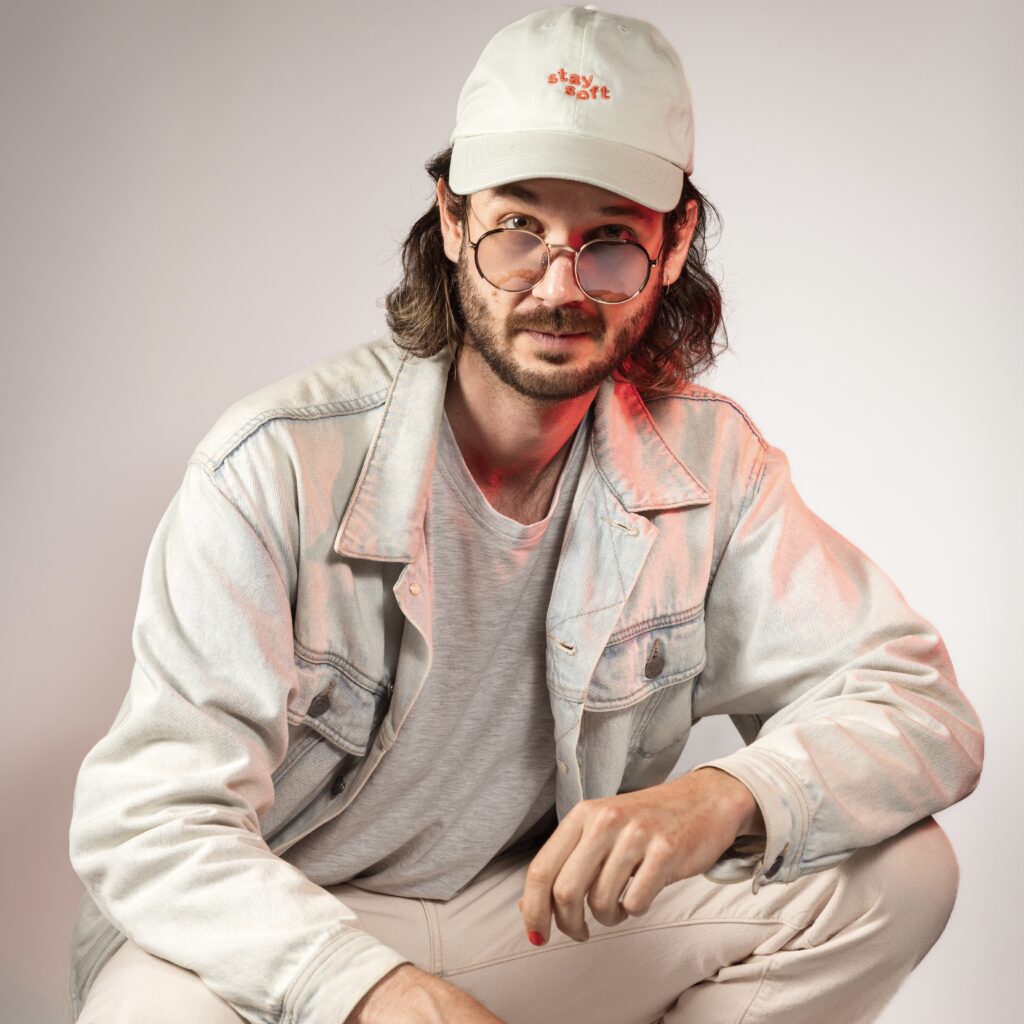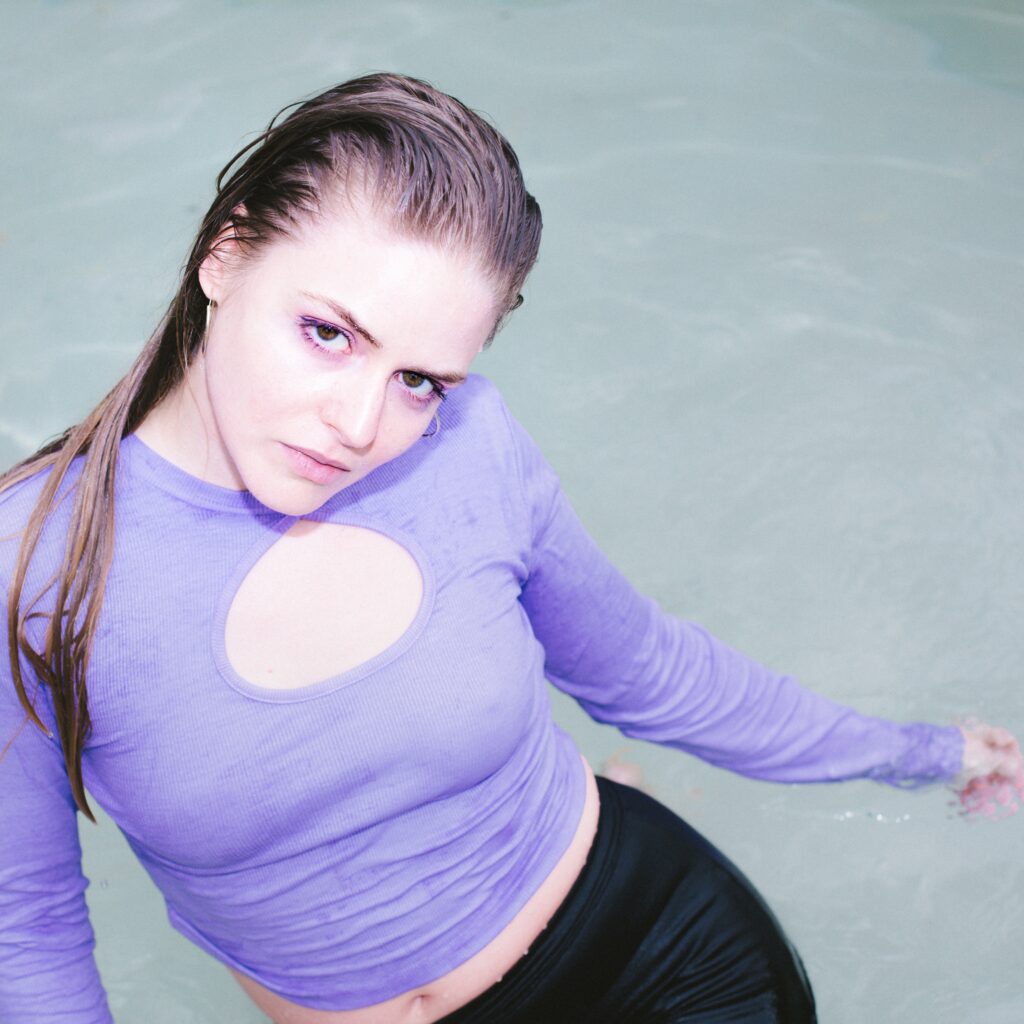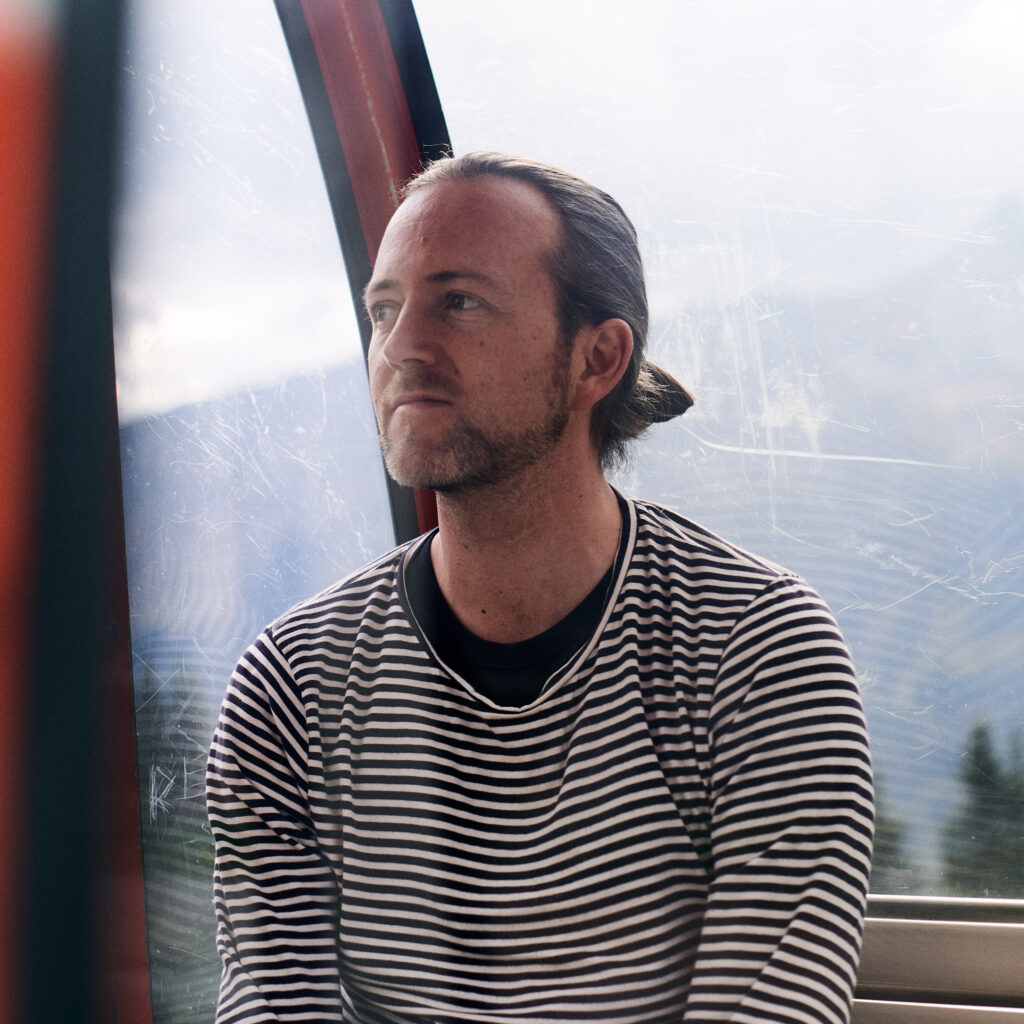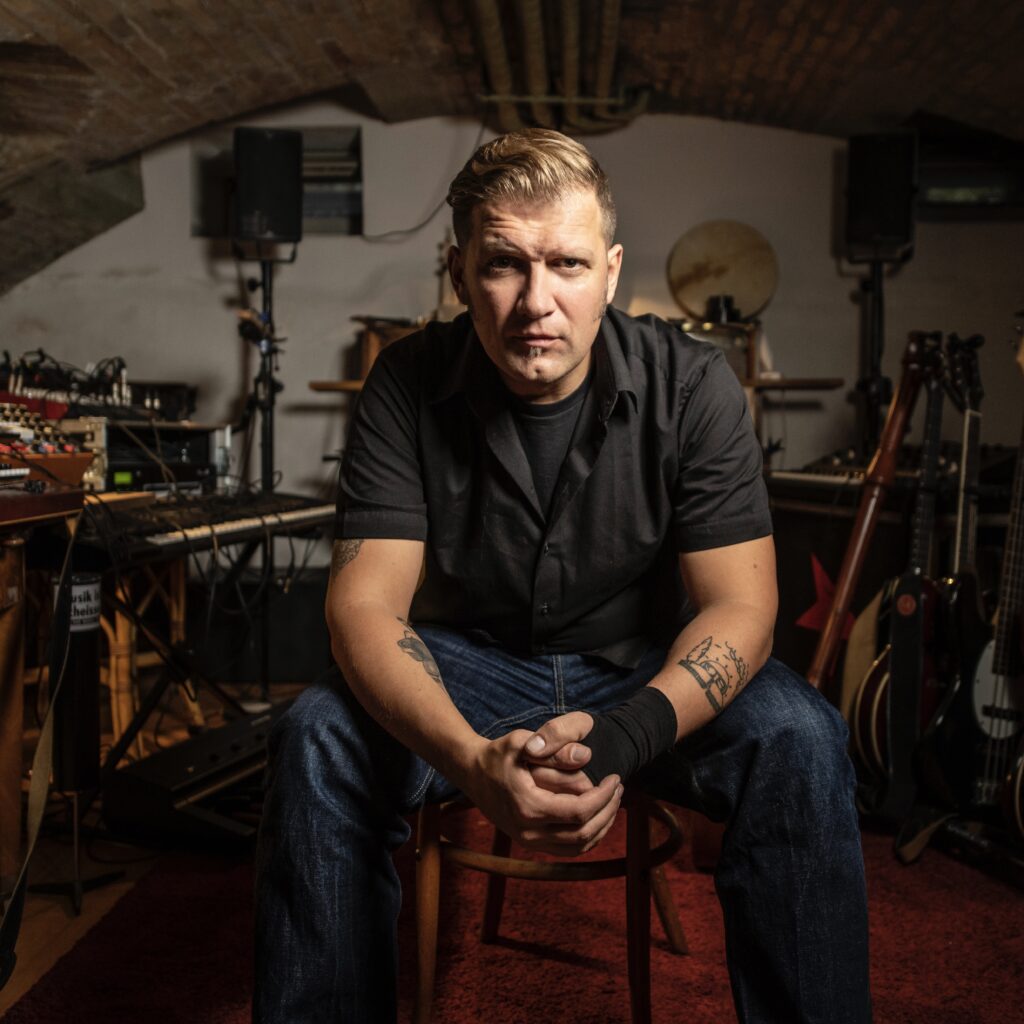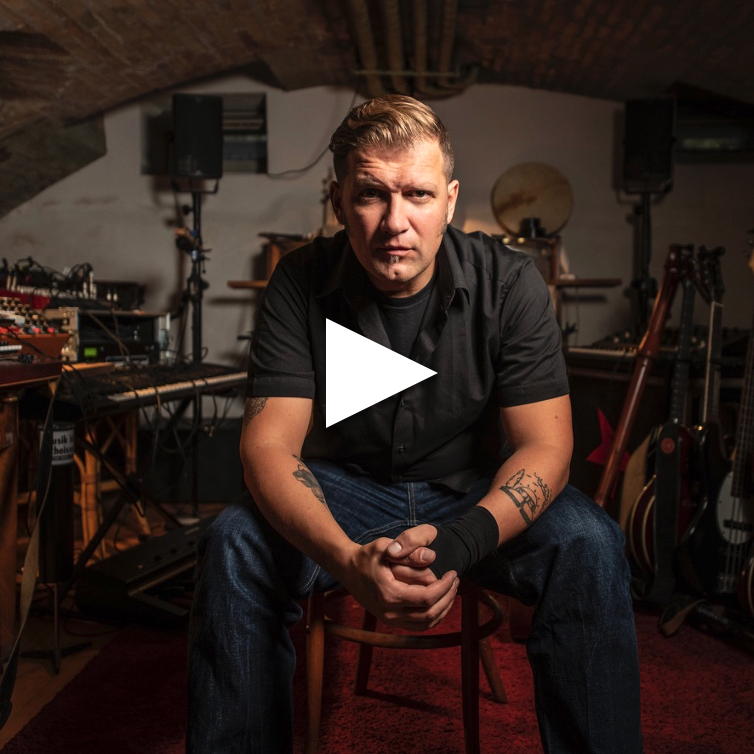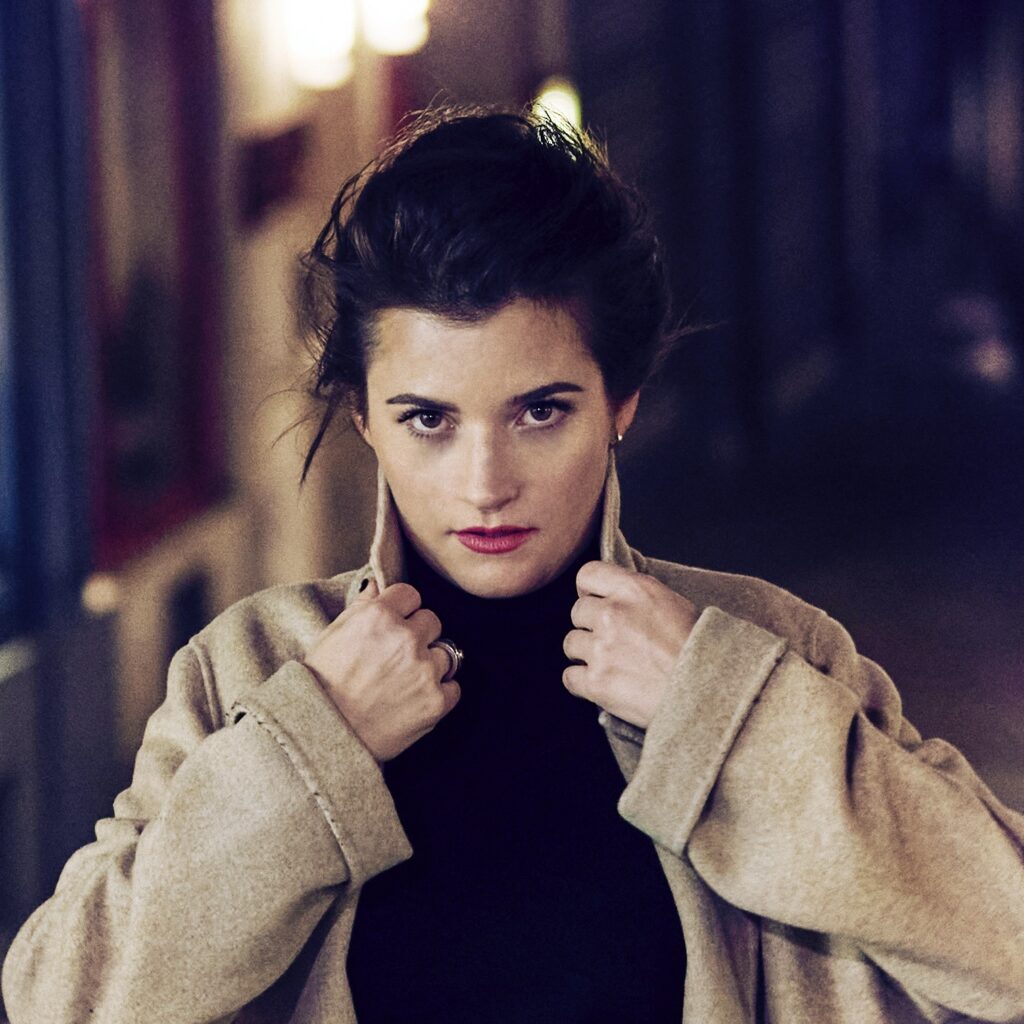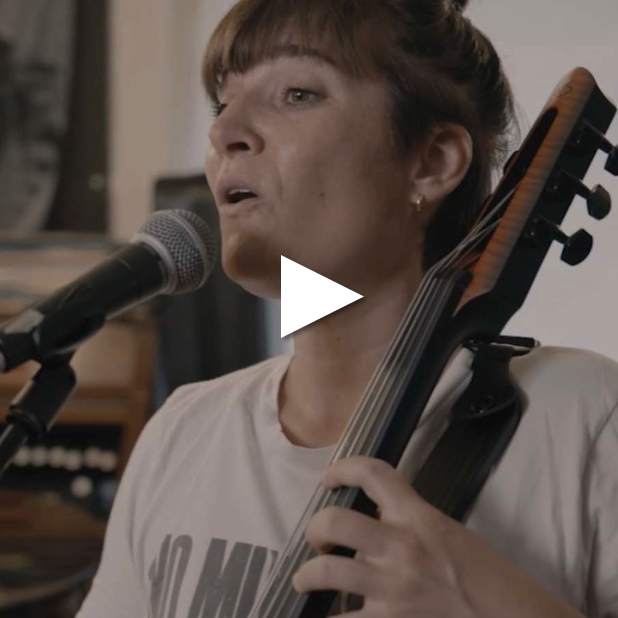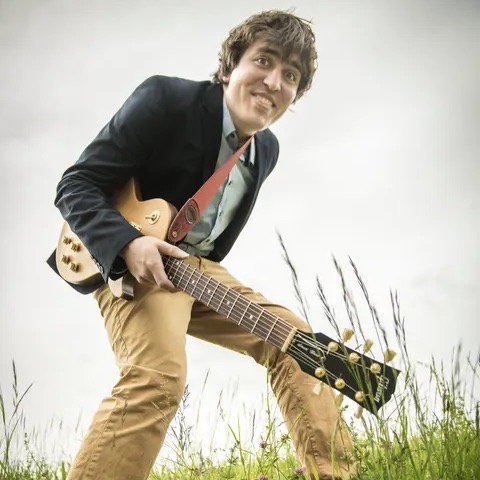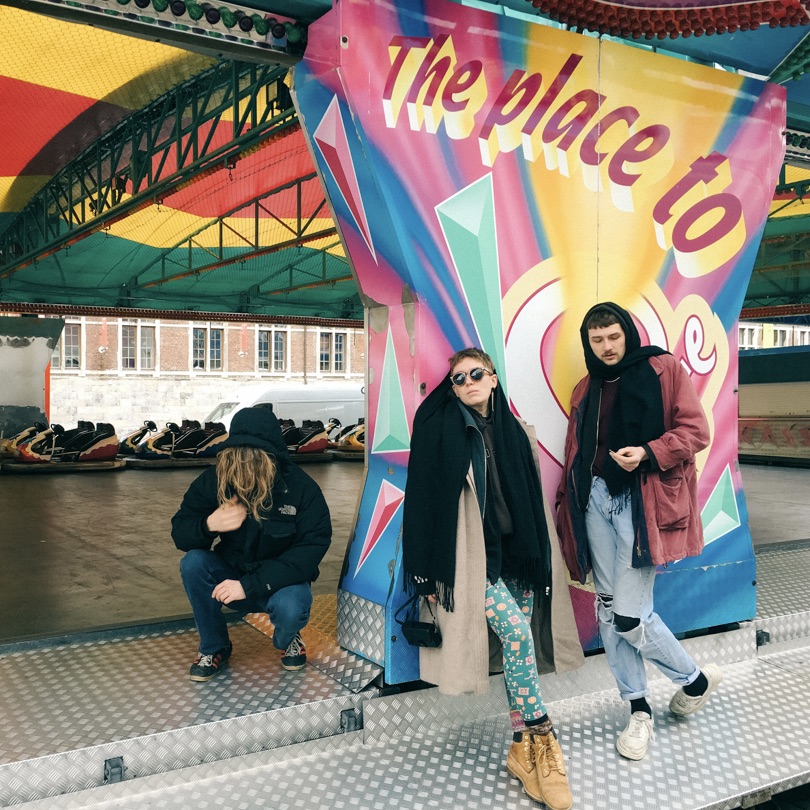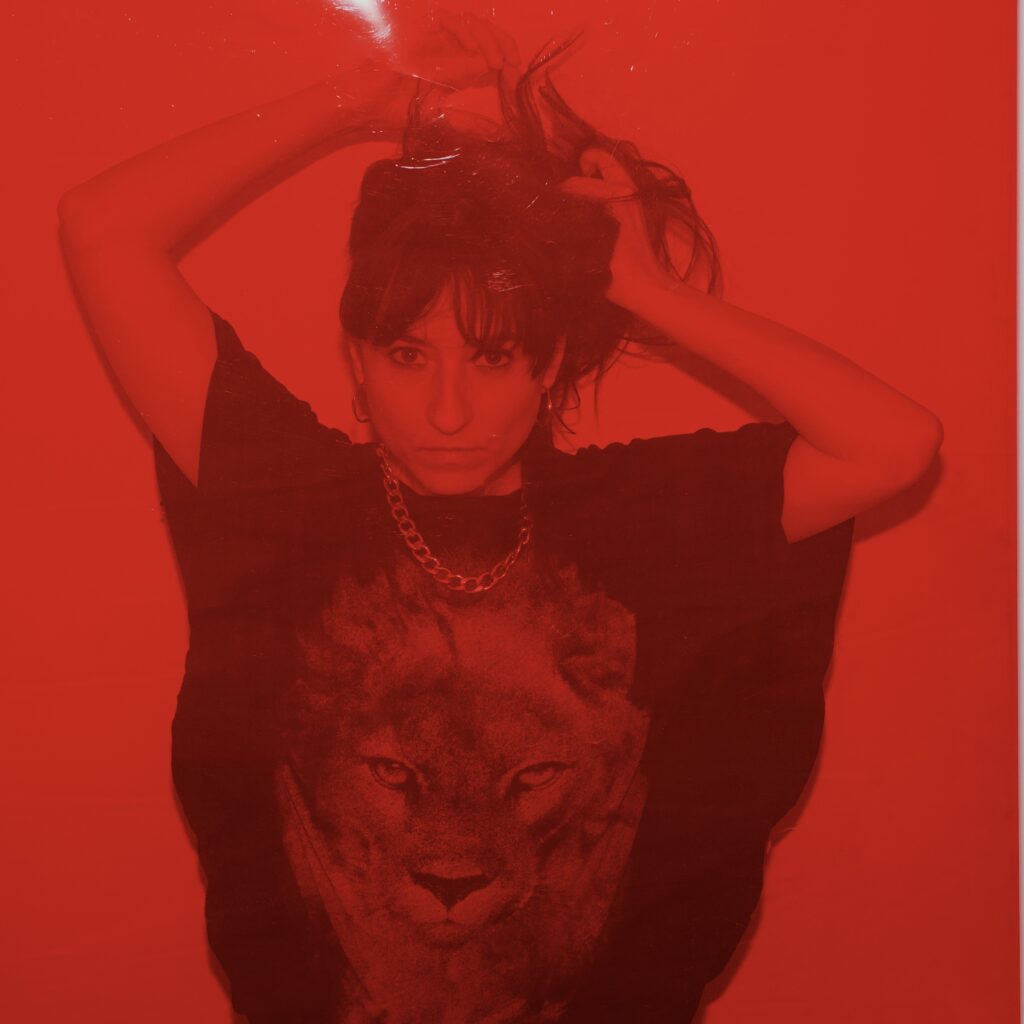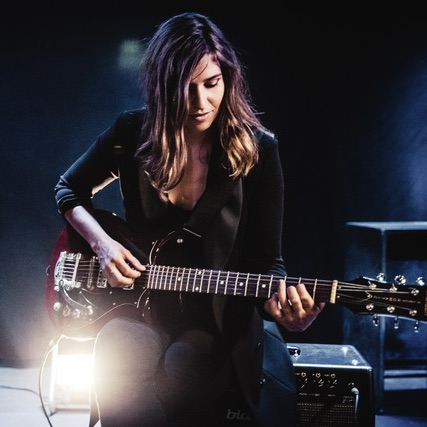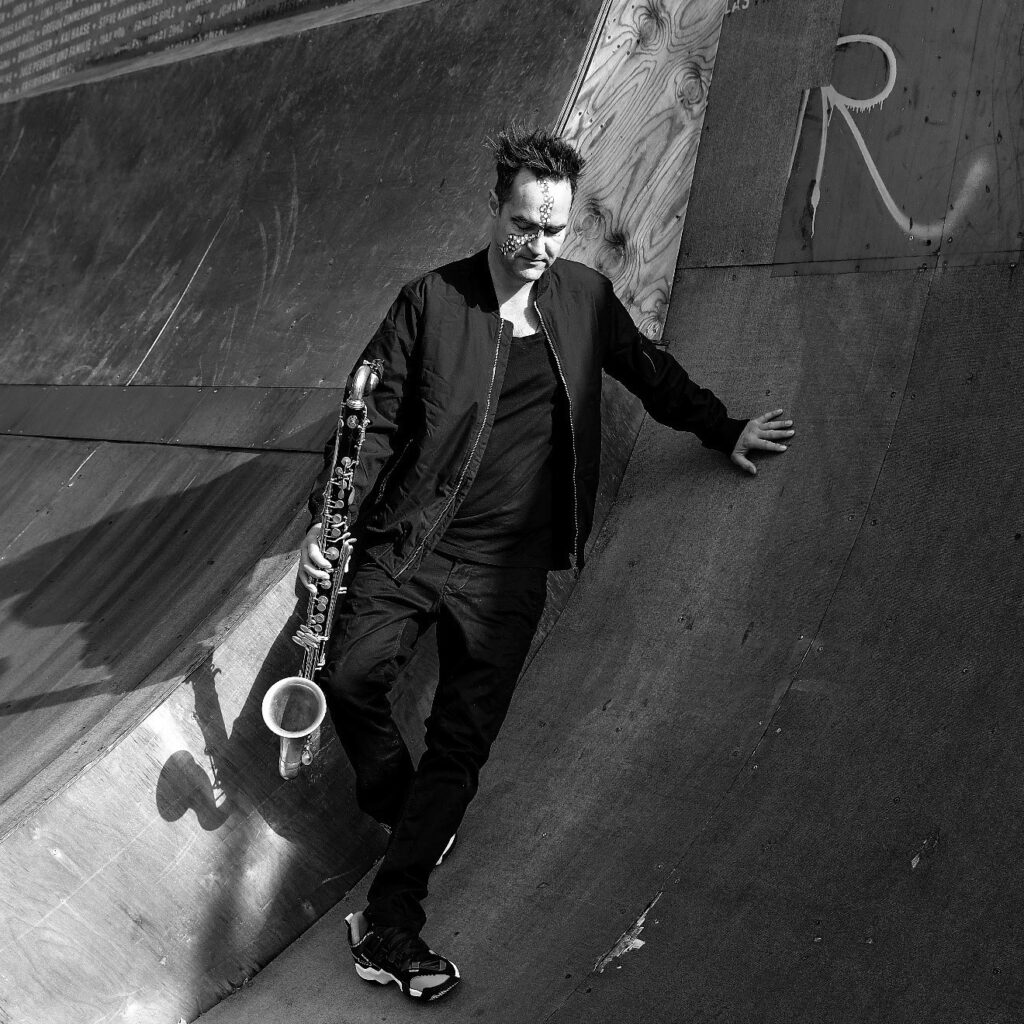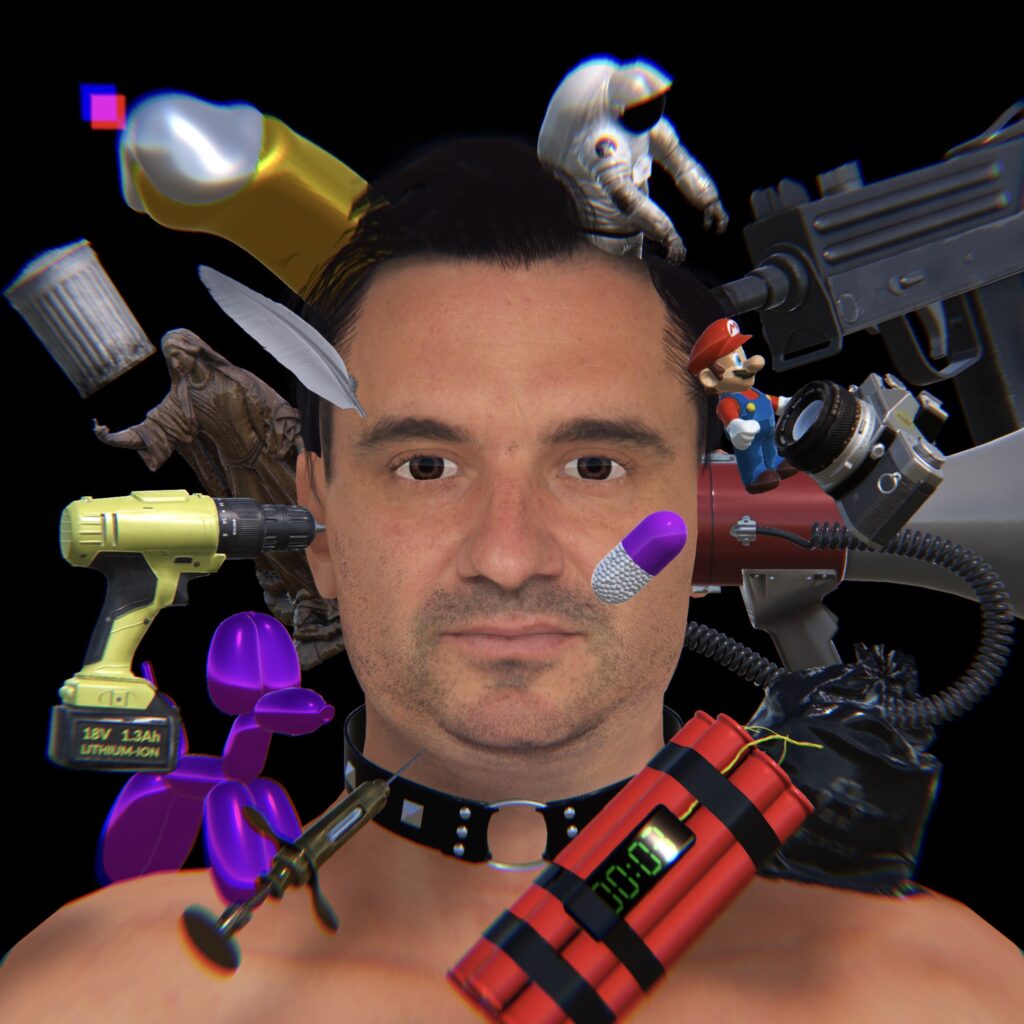2022 «Get Going!» Portrait Series
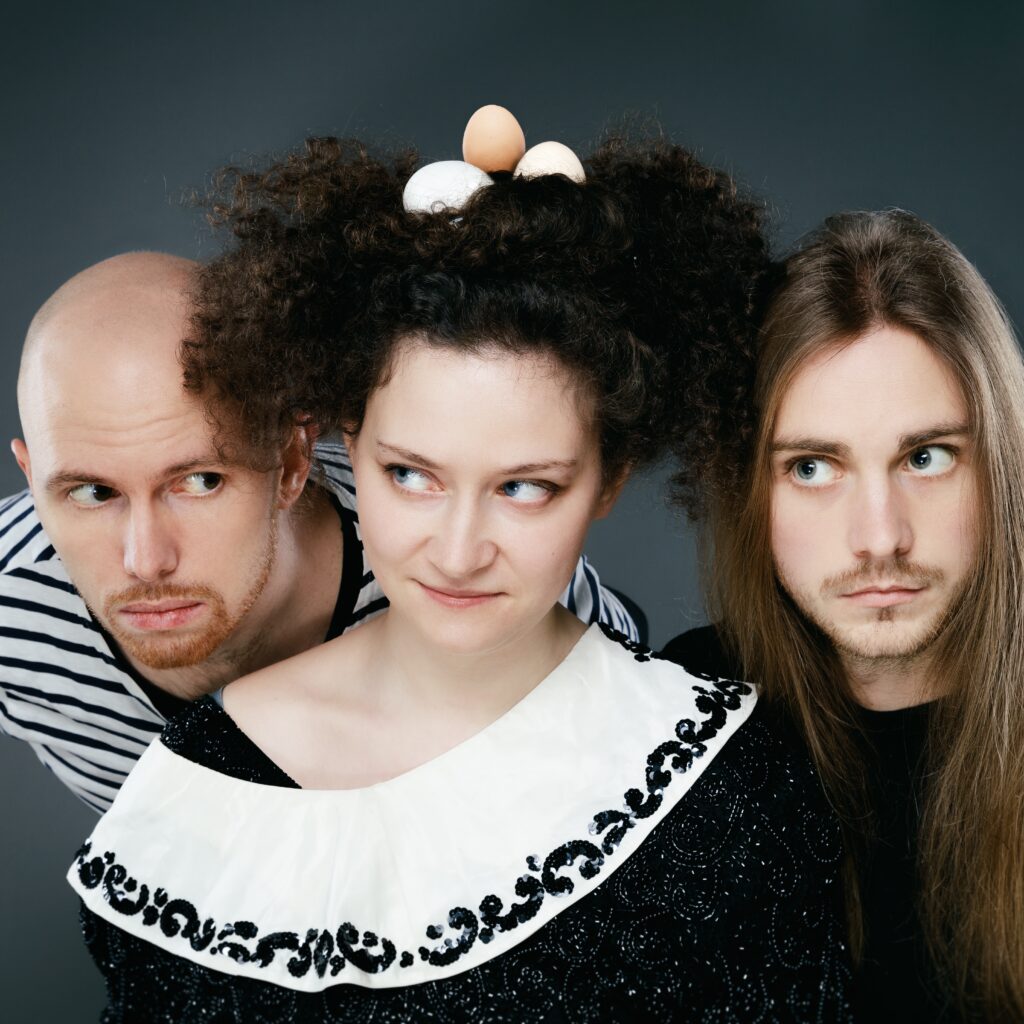
The egg becomes a word, the word a sound, and ultimately a work of art called “Ei.Gen.Klang” – a multi-sensory performance of sounds, words and images created by Jul Dillier, Flora Geisselbrecht and Bernhard Hadriga. A «Get Going!» grant from FONDATION SUISA helped see it come to fruition.
Jul Dillier is a sound researcher. To sit opposite him is to look into eyes that blaze with curiosity and passion. The world as a playground, as a place of adventure that invites topographical wanderings through words and sounds. Needless to say, this occasions questions of a philosophical nature. “I wanted to explore the origin or the beginning, both in the musical and the linguistic sense. But also the beginning of the world, the beginning of life, the beginning of humanity,” says Dillier, explaining the project’s driving question.
Dillier was born into a family from Canton Obwalden with a strong affinity for language. “My father directed radio plays, my brother’s a bookseller, my sister’s a theatre educationalist and my mother’s a speech therapist.” Laughing, Dillier describes himself as the black sheep of the family through his devotion to music and by becoming a pianist and drummer. Despite this, he’s never lost his love of things word-related – nor of the sounds they make.
When the Covid-19 pandemic stopped him commuting between his adopted home of Vienna and central Switzerland, he decided to pursue a master’s degree in jazz and improvised music in Linz. That’s where he came across viola player, vocalist and lyricist Flora Geisselbrecht and guitarist-cum-video artist Bernhard Hadriga, who was studying microbiology and genetics alongside music. When they sat down together to decide on a starting point for the project, it was Geisselbrecht who sparked their creative juices with a simple notion: “the egg”. “It felt like a ‘big bang’ moment, and perhaps it’s no coincidence that the Big Bang theorist, George Lemaître, coined the term ‘cosmic egg’,” explains Dillier.
There followed a succession of associations: the egg – incorporated as a diphthong (“Ei” – pronounced as in “eye” in English) in countless German words – opened up innumerable linguistic, musical, but also philosophical and historical dimensions, in which improvisational possibilities presented themselves like a stroll through a mirror maze. As the three admirers of linguistic acrobats such as Ernst Jandl and Kurt Schwitters embarked on their own vocal gymnastics, other horizons began to beckon: “The shape of the egg, the hen’s egg as food, the female ovum,” says Geisselbrecht. “The egg offers a vast array of points of reference with a wide variety of meanings.” Dillier adds: “It’s also the origin of countless creation myths, which we explored.”
With a creative explosion like this, there’s a risk of not seeing the wood for the trees. Everyone was aware of that. “We subjected ourselves to a rigorous system relatively early on,” explains Hadriga. “The FONDATION SUISA grant meant we could create a kind of art laboratory for experimentation and research.” Dillier adds: “We used compositional and improvisational techniques to think about how we wanted to realise certain aspects: playfully or as a narrative, sonically or visually.”
The name of the piece also served as orientation: “Ei.Gen.Klang”, a play on the German word “Eigenklang” [individual/personal sound] composed of the three words for egg, gene and sound; the suggestion is that the egg (in its form and meaning) is always moving towards sound. It was also clear from the outset that the project would culminate in an hour-long performance. The three-dimensional sound and stage space was deliberately constrained by the time factor to avoid letting the universe expand ad infinitum. And although “Ei.Gen.Klang” celebrated its successful premiere in Lucerne in December and in Vienna in January, the trio continues to play with the work’s “aggregate states” (a concept of physics) to ensure its continued evolution.
Rudolf Amstutz
juldillier.ch
instagram.com/ei.gen.klang
youtube.com/@EiGenKlang
«Get Going!» has existed as a FONDATION SUISA funding offer since 2018. With this new form of a grant, creative and artistic processes that do not fall within established categories are given a financial jump-start. At monthly intervals, we present the eight recipients of the 2022 «Get Going!» grant individually.
